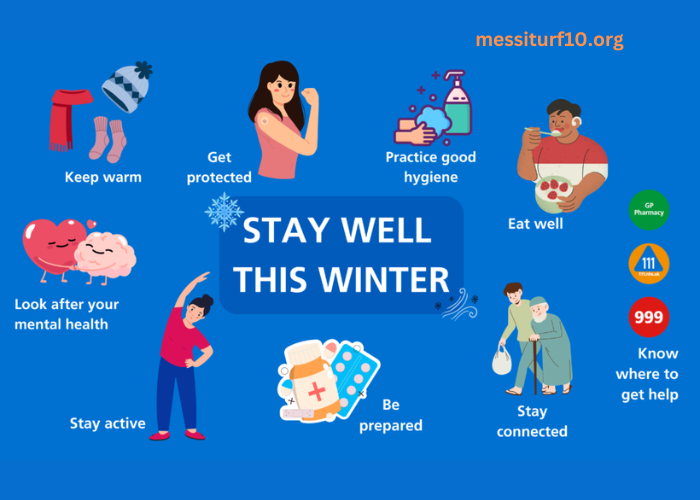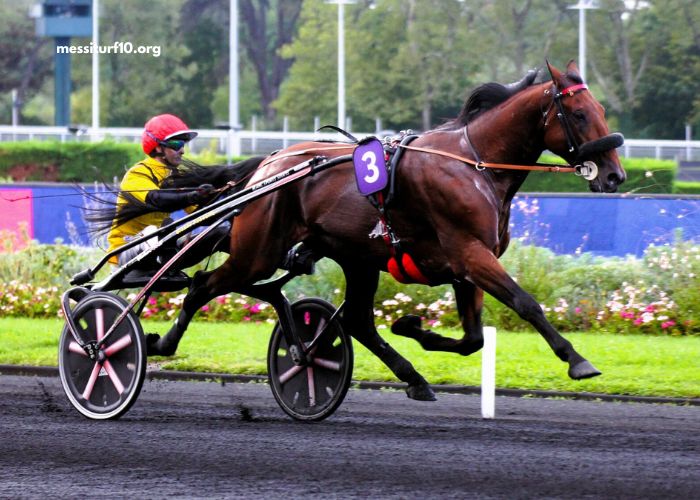In our pursuit of health and fitness, the gym often takes center stage. We diligently carve out time in our busy schedules to sweat it out on the treadmill, pump iron, or engage in group fitness classes. While these endeavors undoubtedly contribute to our well-being, they represent just one piece of the puzzle. True health and fitness extend beyond the confines of the gym, encompassing a holistic approach to living that encompasses nutrition, sleep, stress management, and daily habits. In this article, we will explore the concept of “Beyond the Gym” and delve into lifestyle strategies that can help you achieve lasting health and fitness.
The Gym as a Component, Not the Destination
Before we embark on our journey exploring life beyond the gym, it’s essential to acknowledge the role that gym workouts play in our fitness routines. They provide a structured environment for exercise, access to specialized equipment, and often, a sense of community. For many, the gym serves as a launchpad for their fitness journey.
However, we must also recognize that fitness should not be confined within those walls. Relying solely on gym workouts can be limiting in various ways. First, it can be financially burdensome. Gym memberships, personal trainers, and class fees can quickly add up. Second, it may not be sustainable in the long run. Life is unpredictable, and circumstances may arise that prevent you from regularly attending the gym. Finally, it can lead to burnout or plateauing in your fitness progress if you’re not incorporating variety into your routine.
A Holistic Approach to Health and Fitness
To truly thrive in terms of health and fitness, a holistic approach is necessary. This means recognizing that exercise is just one piece of the puzzle, albeit an important one. Let’s delve into some lifestyle strategies that can help you achieve and maintain lasting health and fitness:
Nutrition as Fuel
The saying “you are what you eat” holds profound truth. Nutrition is the foundation of health and fitness. Your body requires the right nutrients to function optimally and recover from exercise. Here are some principles to keep in mind:
- Balanced Diet: Strive for a balanced diet that includes a variety of fruits, vegetables, lean proteins, whole grains, and healthy fats. Avoid excessive consumption of processed foods, sugary drinks, and fast food.
- Portion Control: Pay attention to portion sizes. Even healthy foods can lead to weight gain if consumed excessively.
- Hydration: Drink plenty of water throughout the day. Staying hydrated is essential for energy, digestion, and overall health.
- Meal Timing: Consider when you eat. Some people find success with intermittent fasting, while others prefer regular, balanced meals. Find a schedule that works for your body.
- Individualization: Understand that nutritional needs vary from person to person. What works for one may not work for another. Consider consulting a registered dietitian for personalized guidance.
Quality Sleep
Sleep is often underestimated in its importance for health and fitness. It’s during deep sleep that the body repairs and regenerates tissues, including muscles. Poor sleep can lead to increased stress, weight gain, and decreased exercise performance.
- Sleep Hygiene: Establish a consistent sleep schedule and create a relaxing bedtime routine. Ensure your sleeping environment is comfortable and dark.
- Limit Screen Time: Avoid screens (phones, tablets, computers) at least an hour before bedtime. The blue light emitted from screens can disrupt your circadian rhythm.
- Caffeine and Alcohol: Be mindful of caffeine and alcohol consumption, especially in the hours leading up to bedtime.
- Naps: Short power naps (20-30 minutes) can be rejuvenating, but avoid long naps during the day as they can interfere with nighttime sleep.
Stress Management
Chronic stress can wreak havoc on your health and fitness goals. It leads to increased cortisol levels, which can promote weight gain, weaken the immune system, and even impair cognitive function.
- Mindfulness and Meditation: Incorporate mindfulness practices into your daily routine. Meditation, deep breathing exercises, and yoga can help reduce stress.
- Exercise as Stress Relief: Physical activity is a fantastic stress reliever. It releases endorphins, which are natural mood lifters.
- Time Management: Organize your day to minimize stressors. Prioritize tasks, set boundaries, and don’t overcommit.
- Social Support: Lean on your support network. Talking to friends or a therapist can help manage stress.
Daily Movement
While structured workouts at the gym are essential, daily movement is equally important. The human body is designed for mobility, not prolonged periods of sitting.
- Desk Exercises: If you have a sedentary job, take short breaks to stretch and move around. Simple exercises like squats or wall sits can be done during breaks.
- Walking: Incorporate walking into your daily routine. It’s a low-impact, accessible form of exercise that can be done almost anywhere.
- Active Hobbies: Engage in hobbies that involve physical activity, whether it’s dancing, gardening, or hiking. This makes exercise feel less like a chore and more like a part of your lifestyle.
Consistency and Adaptability
Life is unpredictable, and it’s crucial to be adaptable in your approach to health and fitness. Consistency is key, but that doesn’t mean doing the same thing every day.
- Variety: Incorporate variety into your workouts. This not only prevents boredom but also challenges your body in different ways, promoting continuous improvement.
- Rest and Recovery: Listen to your body. Rest is just as important as exercise. Overtraining can lead to injury and burnout.
- Set Realistic Goals: Establish achievable, long-term goals rather than seeking rapid results. This reduces the likelihood of frustration and disappointment.
Community and Accountability
While health and fitness are personal journeys, having a support system can make a significant difference.
- Workout Buddies: Partner up with friends or family members who share your fitness goals. You can motivate each other and make exercise more enjoyable.
- Join Classes or Clubs: Many communities offer group fitness classes or sports clubs. These provide a sense of belonging and accountability.
- Online Communities: If you prefer a more virtual approach, there are numerous online fitness communities and apps that offer support and motivation.
Regular Check-Ins
Lastly, don’t forget to periodically assess your progress. Regular check-ins can help you stay on track and make necessary adjustments to your lifestyle strategies.
- Measurements and Photos: Take photos and measurements to track physical changes.
- Keep a Journal: Record your workouts, nutrition, and how you feel mentally and physically. This can help identify patterns and areas for improvement.
- Consult Professionals: Consider consulting a fitness trainer or healthcare provider for guidance and assessments.
In Conclusion
While the gym plays a vital role in our pursuit of health and fitness, it should not be the sole focus. A holistic approach that encompasses nutrition, sleep, stress management, daily movement, adaptability, community, and regular check-ins is essential for lasting health and fitness.
Remember that health and fitness are lifelong journeys, and there is no one-size-fits-all approach. The key is to find what works for you and make it a sustainable part of your lifestyle. By doing so, you’ll not only achieve





